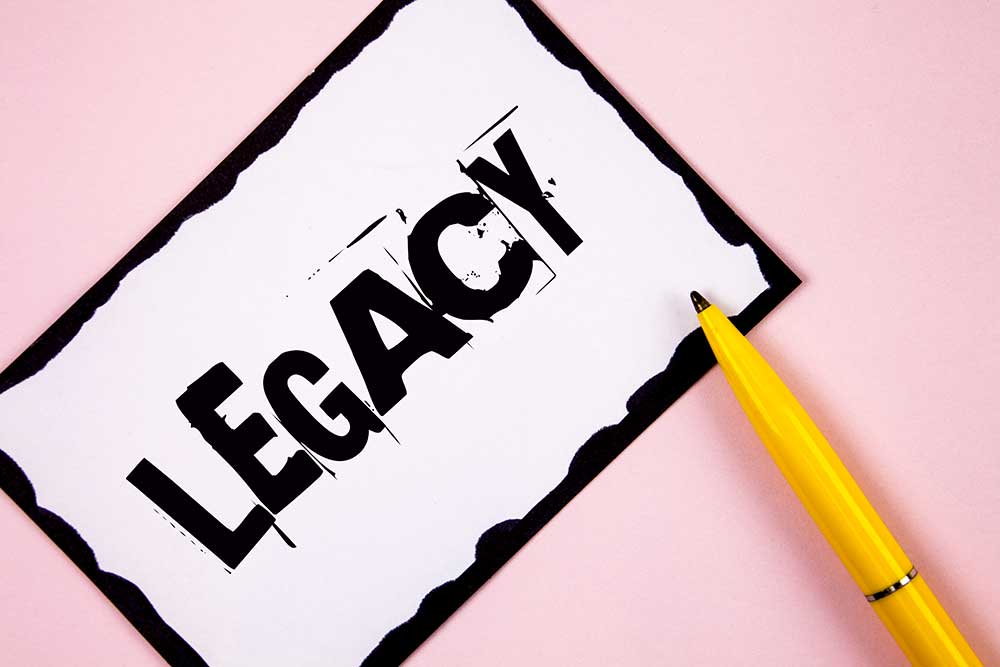“There is no limit to what we, as women, can accomplish”
– Michelle Obama, Former First Lady of the United States
Today is International Women’s Day………..for me it is a celebration of the superpowers of the women I know.
It is a celebration of knowing the future is in good hands when I look at my 7 incredible nieces (Indy, Tayla, Frankie, Londyn, Dempsey, Ivy and Norah) and my 3 amazing god daughters (Olivia, Grace and Myra). It is a celebration of the woman I was raised by who has helped make me the woman I am today. It is a celebration of the women I have surrounded myself by in my tribe and my friends and my family who have inspired, loved and supported me throughout the years.
Every month I have the privilege of coaching 33 amazing women.
- These women are CEOs, Senior Executives, Senior Leaders, Key Influencers, Emerging Leaders and Business Owners and Entrepreneurs.
- These women range in age from late 20’s to early 60s.
- These women are jugglers of multiple roles in their lives including mum, wife or partner, daughter to aging parents and all that entails, fur baby mum, sister, extended family member, friend, best friend and the list goes on.
- These women’s cultural diversity would be an absolute smorgasbord if represented by food.
- These women’s life stories would blow your mind because of what they have overcome in their lives and what some of them are currently dealing with.
- These women inspire me every single day.
All of these women work for organisations that have sound and active Culture & Diversity strategies and goals. Yet there is still common themes that I see emerge across the women I coach.
What I hope for each of these 33 women is that:
- They understand just how amazing they are and don’t need to be like anyone else. That they own their own stories and superpowers and celebrate where they are at and where they’ve come from.
- They are all paid equally and fairly for the roles they are in, the work they do and the value they bring to the organisations they work for without having to ask for it or justify it.
- They are confident enough to ask for a salary increase when it is warranted without apology.
- They are able to say ‘no’ without guilt
- They realise that there is enough evidence to show that they are valued, respected and great at what they do. And that this evidence then helps them quiet the lack of confidence in themselves and the need to prove their worth all the time.
- They get better at not saying sorry for wanting to be at their daughter or son’s school event, not feeling guilty when a child/parent is sick and they have to step into the role of carer, saying no when they are asked to take on an additional project that means they’ll be working late nights instead of spending time with their kids/family.
- They don’t have to be the loud voice at a table to be heard and that when they speak others actually listen
- They don’t have to compete with each other but that when women help raise each other up and celebrate each other’s achievements both women succeed
- They are confident enough to lean in and have the conversations that matter for themselves and others
- They understand that self-care is not selfish but is necessary to continue to juggle all the roles and the demands of each of those roles
Happy International Women’s Day and may you all celebrate the women in your life for all that they are!

